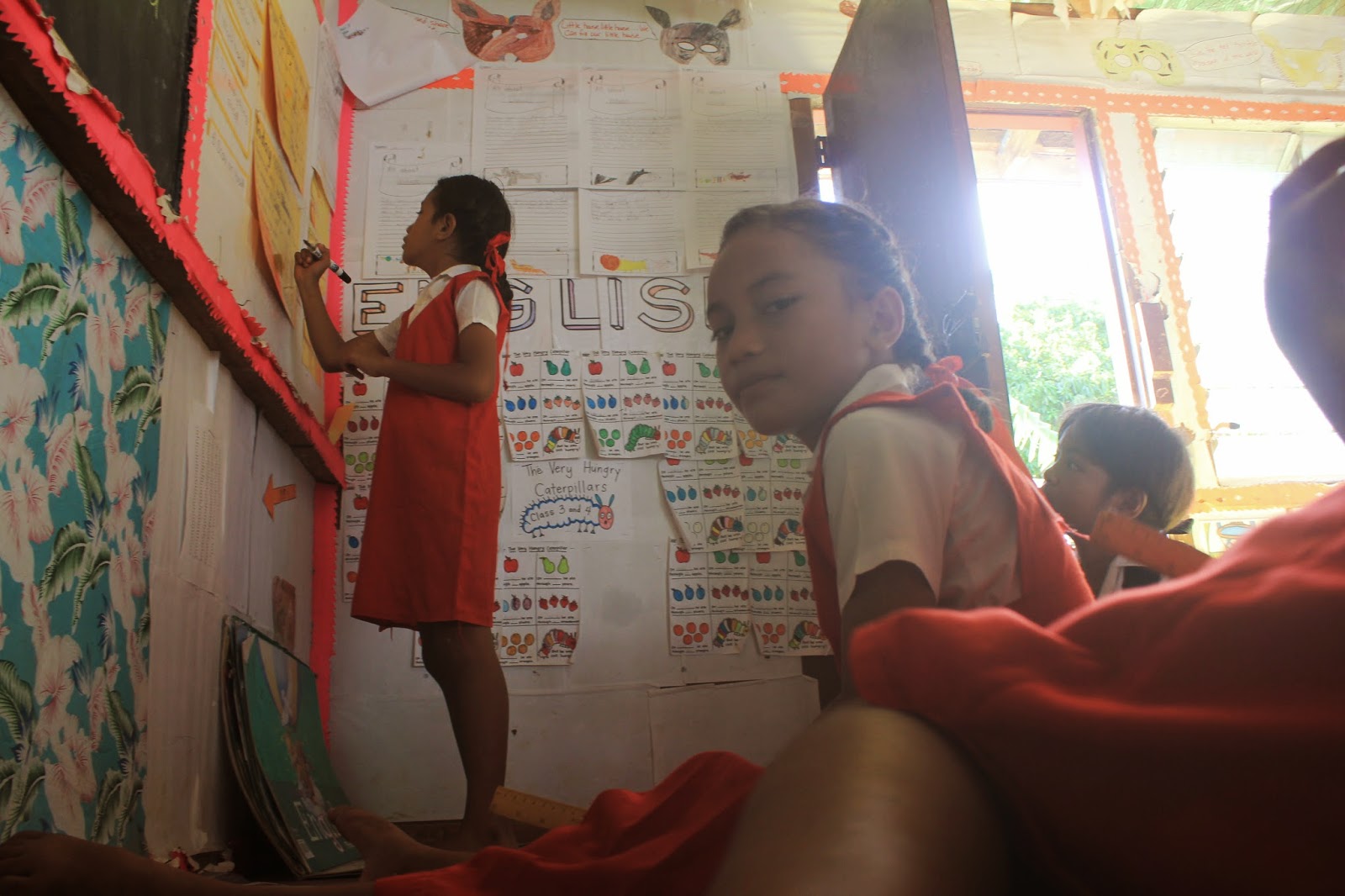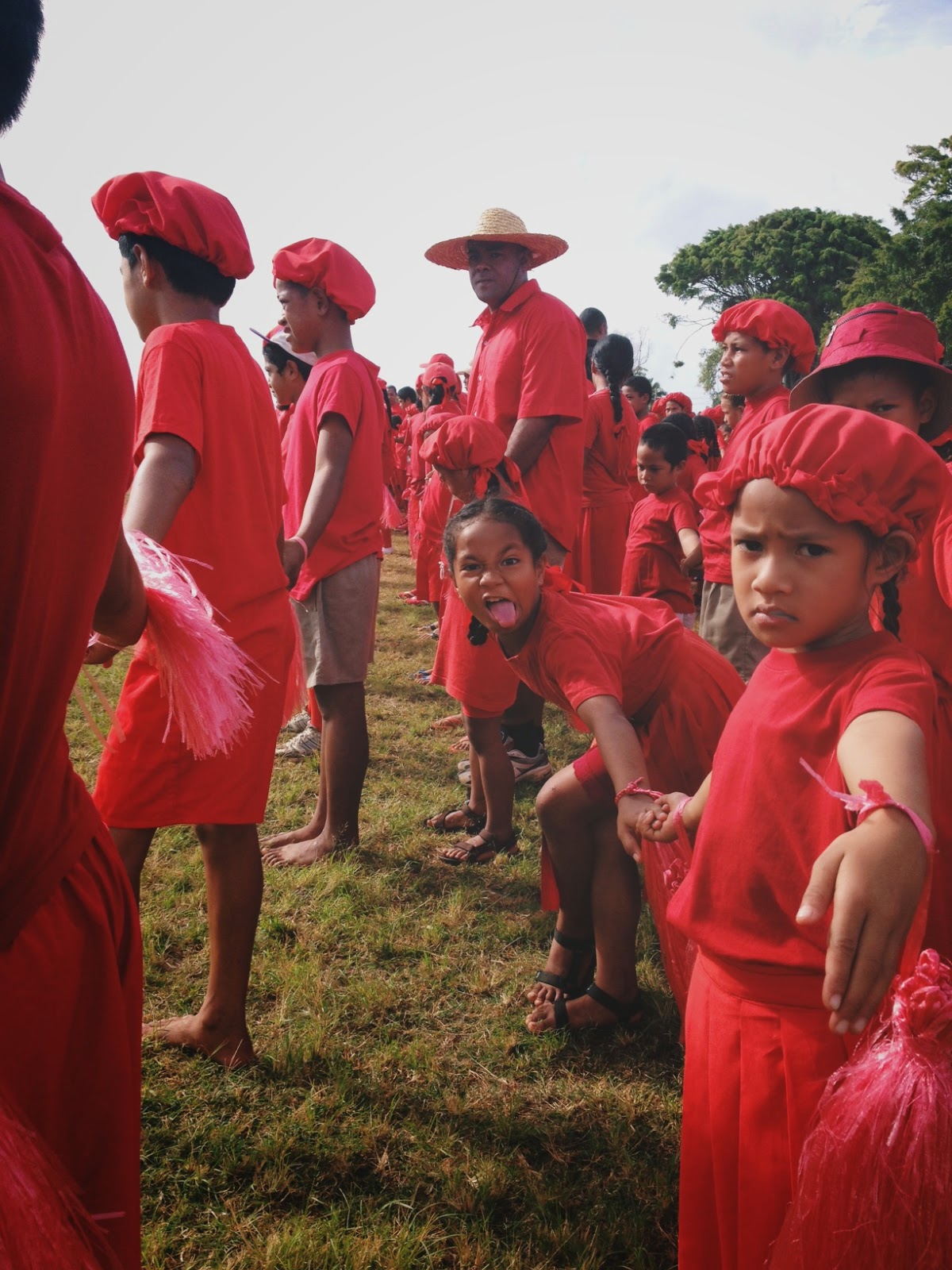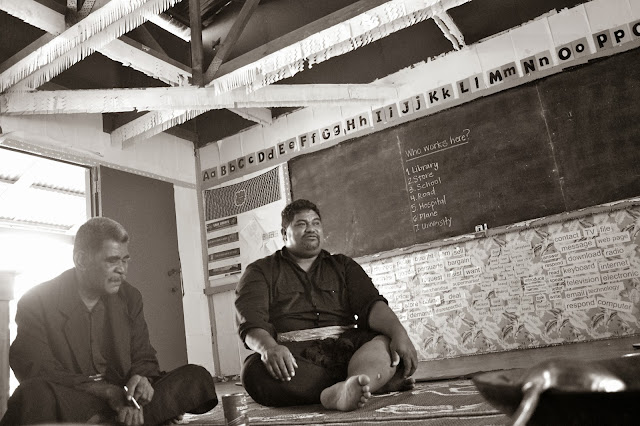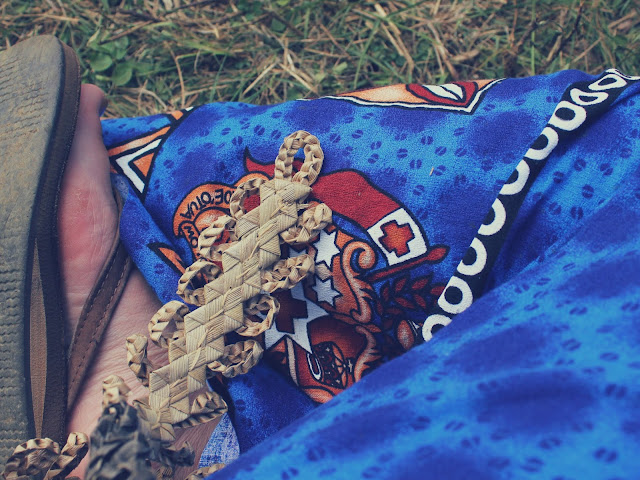I had the opportunity to spend last weekend visiting two volunteers on the outer island of 'Eua. I'm glad I waited until almost two years into my service because it reminded me of a cross between Vava'u and Northern Wisconsin (home) and thus made me a little homesick.
To get to 'Eua I jumped on a 3-hour (so much better than a 24 hour boat ride!) ferry with three other volunteers and two Tongan friends (Michael, Tynesha, Joey, Hepi and Samu), took some motion sickness pills and fell asleep under a large fleece blanket.
Chiara and Katy were waiting for us at the warf when we arrived. They were such wonderful hosts. We shared stories, cooked meals together, caught up and enjoyed each other's company.
A little bit about 'Eua: 'Eua is covered in lush rainforest (which isn't very Wisconsin-y), but there are also pine trees and hilly and beautiful fields (which is the part that reminded me of home). Both rugged and breathtakingly beautiful, this island paradise has many beaches, rocky cliffs and trails for trekking.
'Eua is the oldest island in the Kingdom of Tonga and is the place where the Polynesian god Maui supposedly stood when he fished the other 175 islands of Tonga out of the depths of the great Pacific Ocean.
We spent an afternoon hiking Fangatave (cliffs and beach). At one point I scaled a 20-foot cliff and free climbed using ropes that were tied into the side of giant volcanic rocks. It was an exciting and relaxing way to spend a few days before our COS (Close of Service) Conference began on Tongatapu (the main island in Tonga).
To get to 'Eua I jumped on a 3-hour (so much better than a 24 hour boat ride!) ferry with three other volunteers and two Tongan friends (Michael, Tynesha, Joey, Hepi and Samu), took some motion sickness pills and fell asleep under a large fleece blanket.
Chiara and Katy were waiting for us at the warf when we arrived. They were such wonderful hosts. We shared stories, cooked meals together, caught up and enjoyed each other's company.
A little bit about 'Eua: 'Eua is covered in lush rainforest (which isn't very Wisconsin-y), but there are also pine trees and hilly and beautiful fields (which is the part that reminded me of home). Both rugged and breathtakingly beautiful, this island paradise has many beaches, rocky cliffs and trails for trekking.
'Eua is the oldest island in the Kingdom of Tonga and is the place where the Polynesian god Maui supposedly stood when he fished the other 175 islands of Tonga out of the depths of the great Pacific Ocean.
We spent an afternoon hiking Fangatave (cliffs and beach). At one point I scaled a 20-foot cliff and free climbed using ropes that were tied into the side of giant volcanic rocks. It was an exciting and relaxing way to spend a few days before our COS (Close of Service) Conference began on Tongatapu (the main island in Tonga).





















































